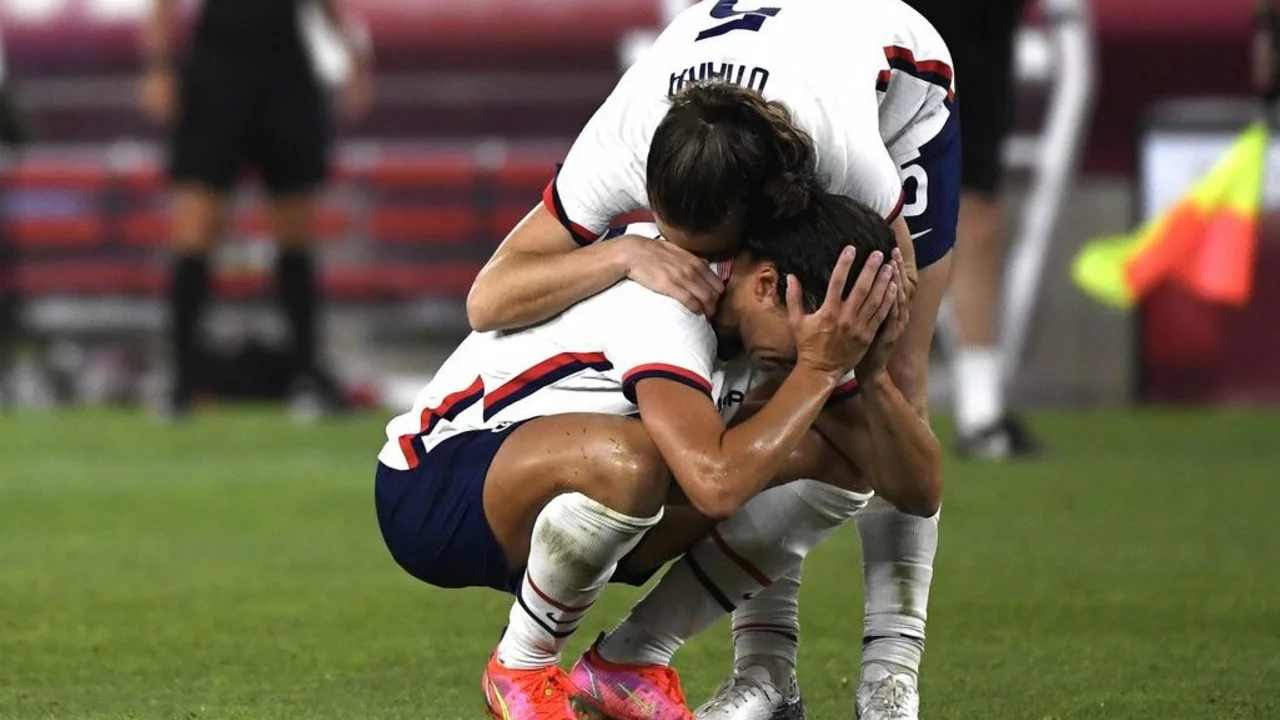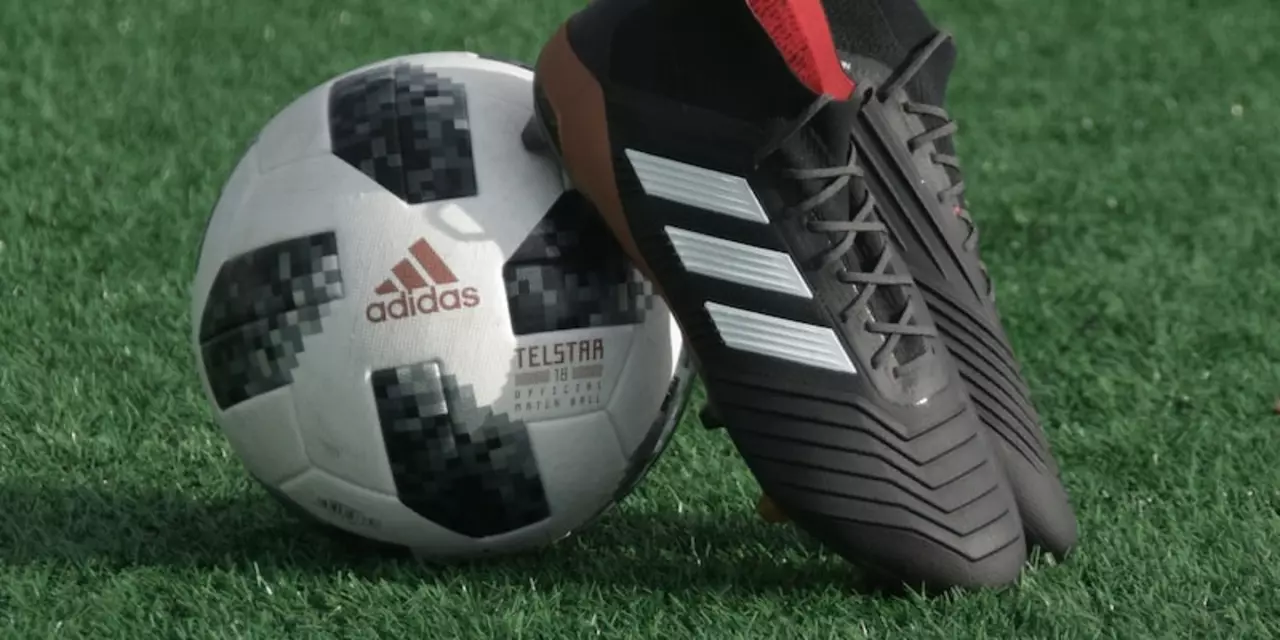As a soccer enthusiast, I'm thrilled to see the sport kick up a storm in the U.S! It's no longer just 'those Europeans' who get to have all the fun. Our future looks as bright as a goalie's neon jersey - Major League Soccer is gaining fans faster than a striker on a breakaway. The youth are lacing up their cleats with gusto, and our women's national team? They're more unstoppable than an own goal. So buckle up, folks, soccer in the U.S. is about to score big, and it's gonna be a beautiful game!
Category: Sports Analysis
Well folks, it seems like the soccer world is playing musical chairs! The U.S., once the queen bee of women's soccer, might be losing its sting a bit. Other countries are catching up, kicking balls with the same gusto and scoring goals like they're going out of style. It's like the U.S. has been the star baker for years, but now everyone else has found the recipe book! But hey, a little competition never hurt anyone, right? Bring on the global soccer bake-off, I say!
In the world of soccer, it's not uncommon to see shorter players outperforming their taller counterparts. This can be attributed to their lower center of gravity, which allows for better balance, agility, and quicker directional changes. Their smaller size also tends to make them more elusive, making it harder for opponents to tackle them. Interestingly, they often have superior ball control skills, possibly due to their closer proximity to the ground. So, while height can be an advantage in certain sports, in soccer, it's clear that size isn't everything.
Soccer, or football, is a game that requires skill, focus, and strategy. Despite this, luck can still be a factor in the outcome of a game. Luck can influence the ball's trajectory, the referee's calls, and the performance of individual players. Luck can also change the momentum of the game, allowing one side to capitalise on a fortunate opportunity. Ultimately, luck is a part of soccer, and while skill is essential, luck can still determine the outcome of a match.



